Last week, the Dearborn Heights Police Department revealed the nation’s first-ever officer uniform patch featuring Arabic script. It was designed by a policewoman named Emily Murdoch, and on first glance it might look like a gesture of inclusivity. But is this really progress – or it it, in fact, a sign of cultural fragmentation?
As an Iraqi-American Muslim, I feel compelled to answer. I came to the United States after Iraq was swallowed by Iranian-backed militias and sectarian violence. I know exactly what happens when identity politics becomes the organizing principle of civic life. And the last thing I ever wanted to see in America is the export of that same toxic culture – one that thrives on division, preferential treatment and symbolic displays of power.
Supporters of the new badge will say it’s harmless. A small sign of recognition. A gesture toward Dearborn’s large Arab-American community. But symbols are never “just symbols.” They carry meaning. And the meaning here is troubling: that America’s civic institutions, instead of standing above ethnic and religious division, should bend themselves to it.
America’s immigration success was due to integration, not balkanisation. If we look at the Hispanic community, which is the largest immigrant group, they have never demanded police badges in Spanish. No ethnic group in U.S. history has ever sought this kind of symbolic segregation.
As someone who lived as a minority in my homeland, I know how damaging ethnic exceptionalism is. Imagine a scenario: two men get into a fight, one Arab and one Hispanic, and both call the police. The officers arrive wearing Arabic-script badges. What is the non-Arab supposed to feel? That the authority recognises Arabs but not him. That the state has already chosen sides. How can any non-Arab feel safe when U.S. authority is signaling ethnic preference?
It is a dangerous precedent, especially when history is considered. Arabs themselves once spread their language by force during the Caliphates, colonizing vast regions of Asia, Africa and Europe. Arabic, once confined to southern Arabia, was imposed on conquered peoples across continents. Entire nations were reshaped by conquest, their native scripts replaced. Turkey, until 1928, still used Arabic letters – until Atatürk banned them as a declaration of independence from Islamist domination. Symbols matter, and they can signal conquest as much as community.
This is why America must not fall into the trap of deceptive gestures that plant seeds of division, suspicion and resentment. Our enemies have openly declared that they will wage jihad from within, masked as “reform movements” that undermine authority and drive people to hate their governments. Jamal Khashoggi himself, in a televised discussion with Muslim Brotherhood members in Doha, argued that attacking the Western Imperialism from the outside had failed on 9/11, and that the strategy must now shift to the inside. The Brotherhood’s ultimate goal is no secret: global Sharia rule.
The Dearborn Heights Police Department’s rollout of the Arabic patch was walked back by Mayor Bill Bazzi, who said it “remains an idea” requiring broader input – but although I appreciate Bazzi, himself an Arab American, for his stance, I must argue it shouldn’t even remain an idea when it’s this problematic and fails to reflect American values.
As an Iraqi-American, when I first arrived in the United States, I was grateful to find a country where everyone was different yet treated with one language, under one civic culture. There is a reason I came here: because I admired America’s principles, not because I wanted to change them. Those who come determined to reshape the U.S. in the image of their old homelands show no love for this country.
We must all be wary of the multiculturalism trap. What looks like inclusion is, in fact, separateness. Ironically, the very measures meant to “celebrate diversity” end up isolating immigrant groups even further. America risks repeating Europe’s mistakes, losing itself to Islamism instead of one shared nationality.
Immigrants who arrive here need to understand that integration is a responsibility, not a choice. Otherwise, there are fifty-three Muslim countries in which people who dislike the very essence and principles of being American might feel more comfortable.
And so we return to that badge. What is it really saying? That Arab-Americans need special recognition from state authority. That America must adjust itself to their sensitivities. But America is not supposed to work that way. The uniform is meant to serve all Americans, equally, without distinction.
So the question we must ask Emily Murdoch, and anyone else promoting these divisive symbols, is simple: are you here to serve America – or the Arab community alone?



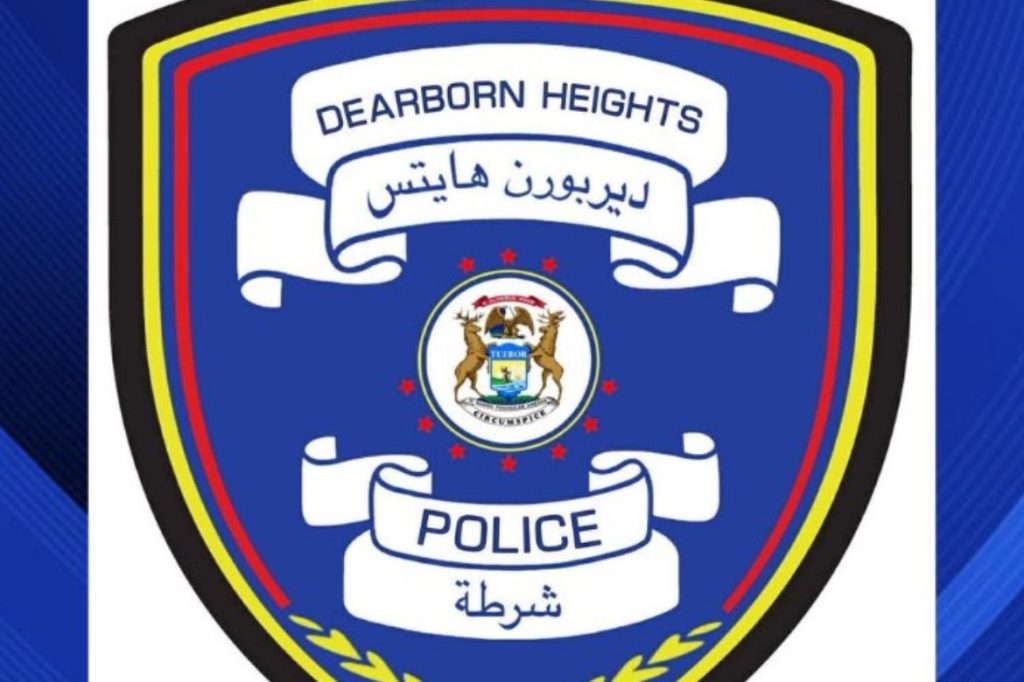







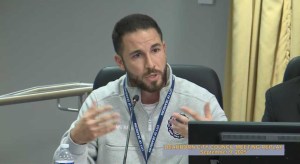
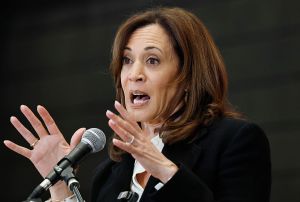

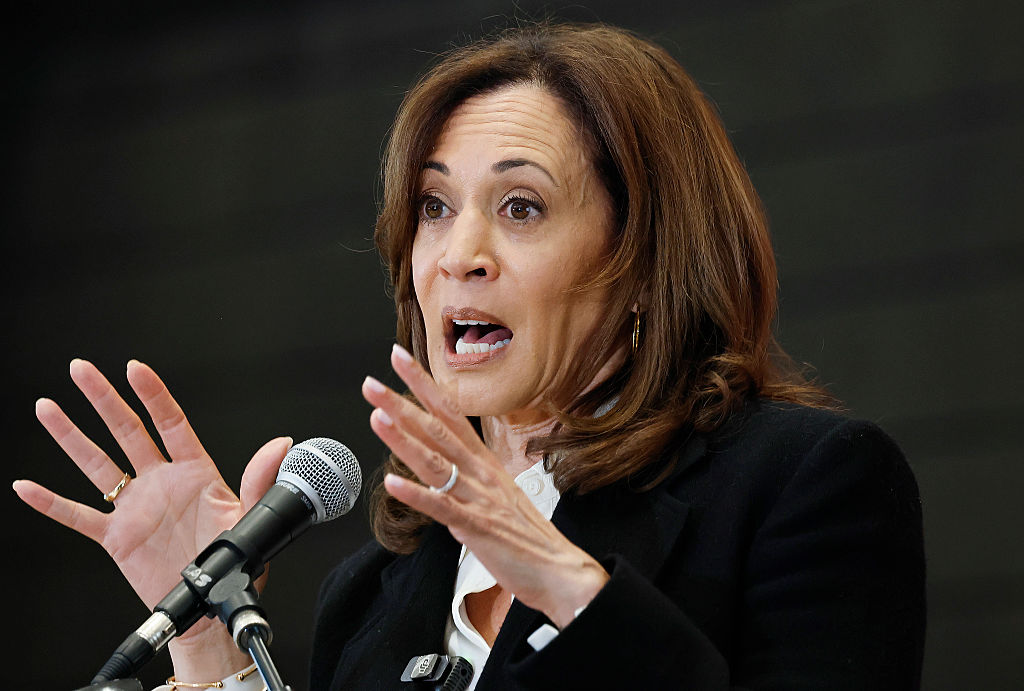
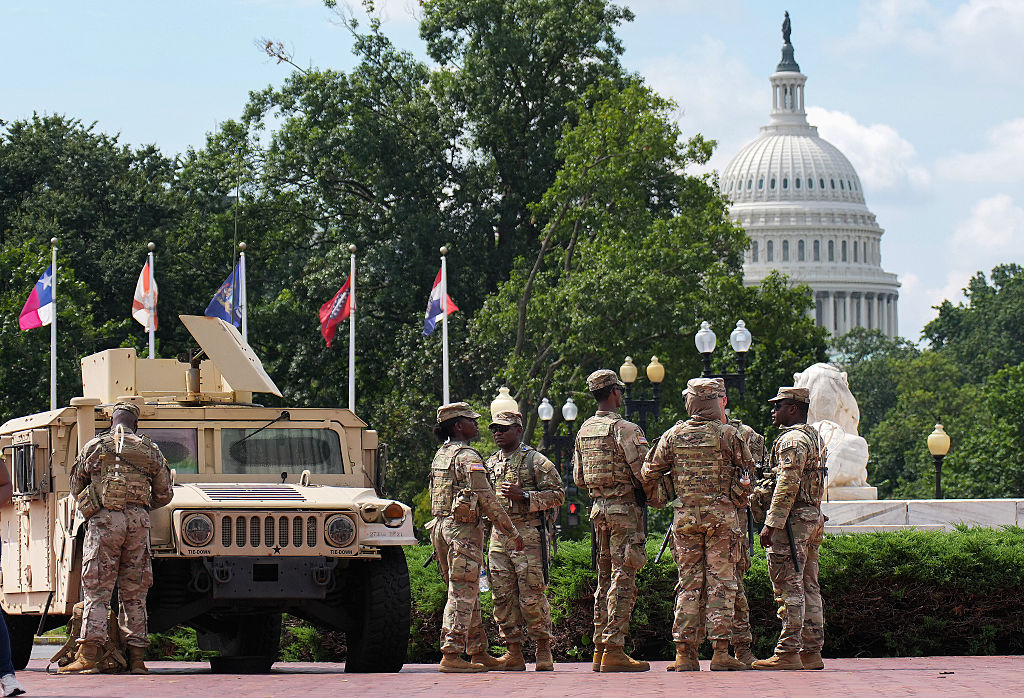
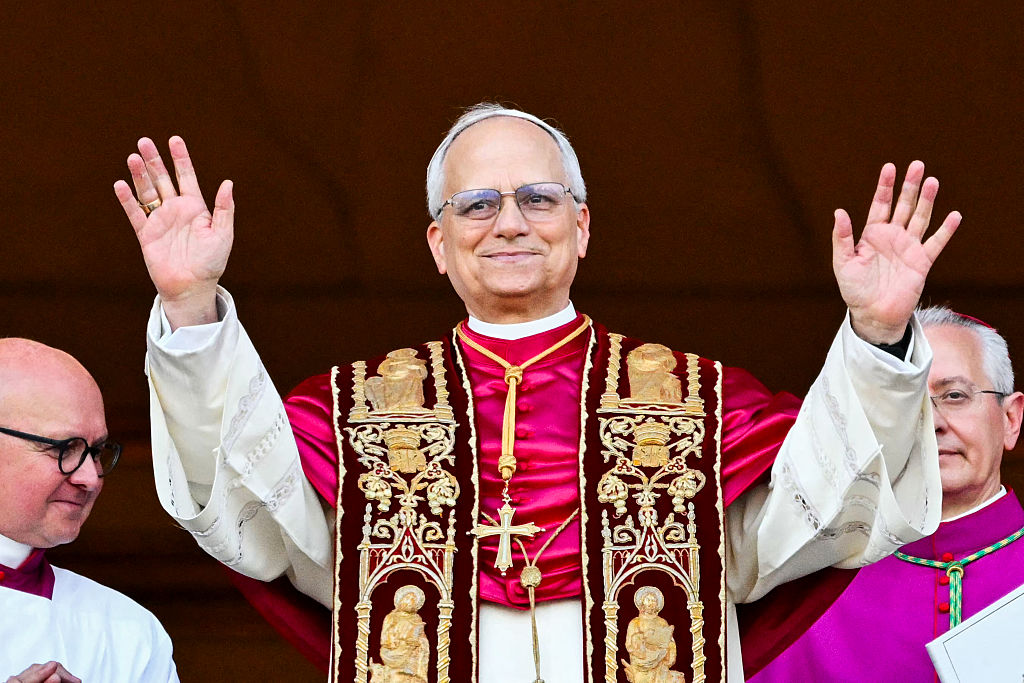
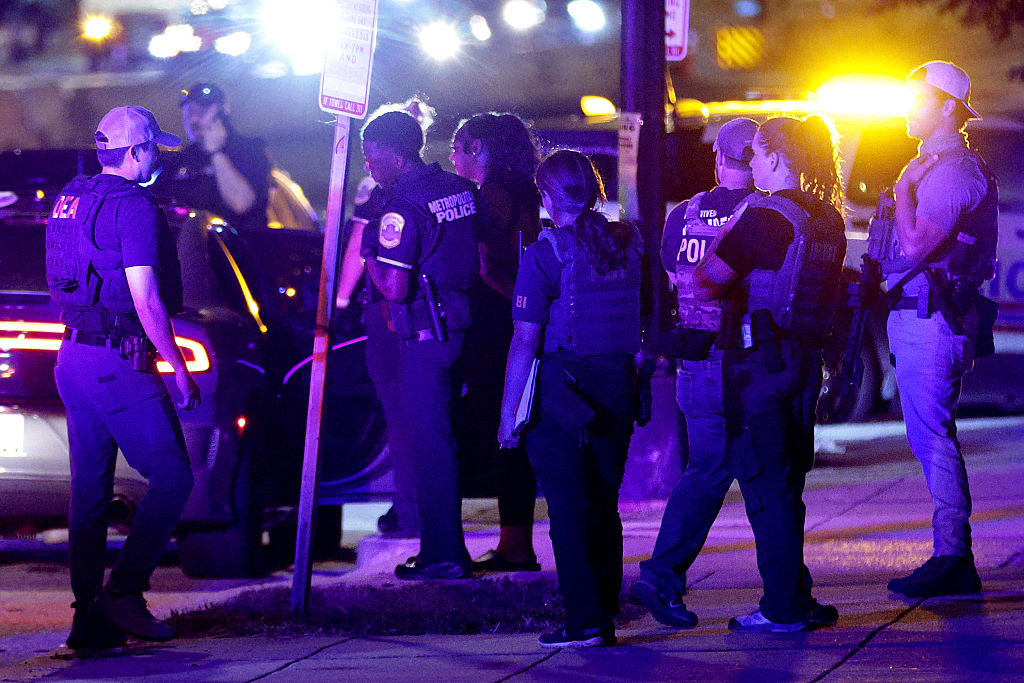
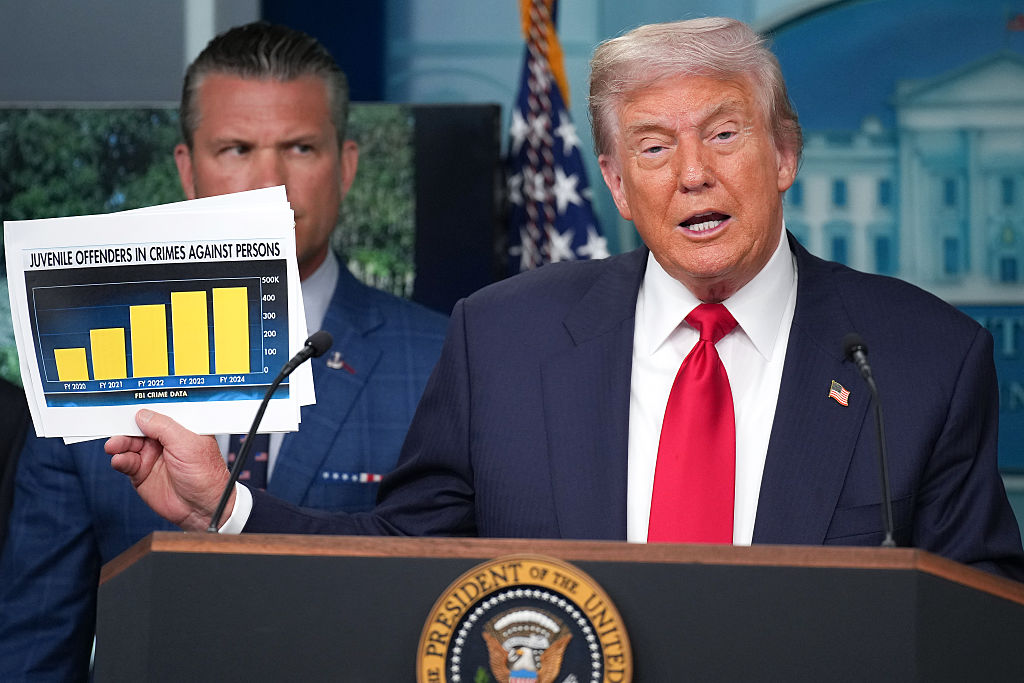







Leave a Reply